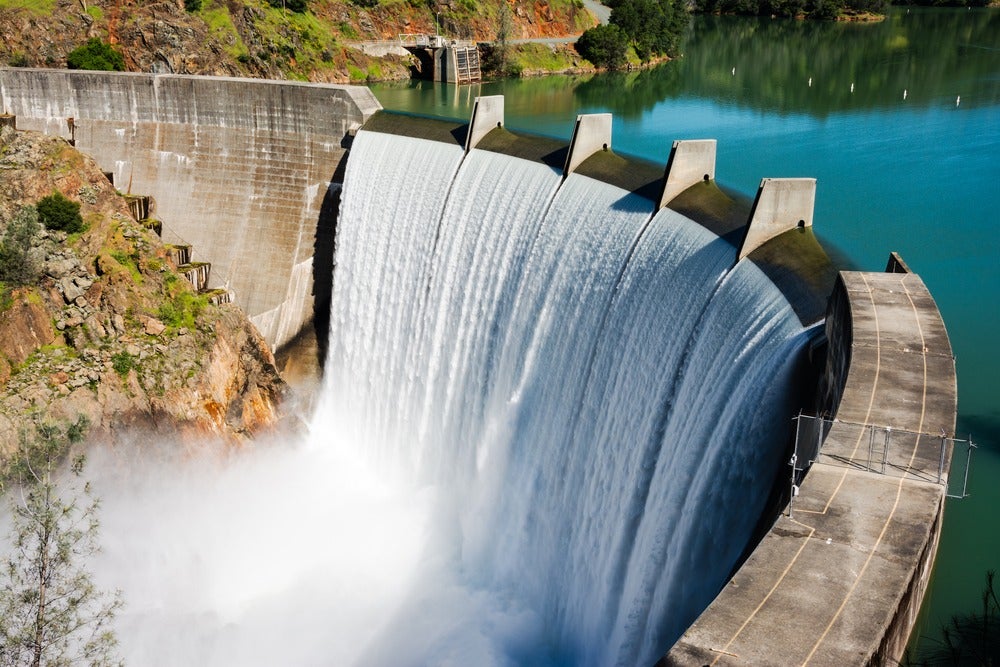Middle East utilities are seeking public-private partnership models for power and water projects as part of efforts to cut capital expenditure.
The shift towards various forms of public-private partnership (PPP) models to develop utility projects in the Middle East is well underway.
Adopting PPP to deliver power and water projects in the region is nothing new, with the first independent power producer project dating back to 1994 in Oman.
Abu Dhabi, Kuwait, Dubai and Saudi Arabia
In the following years, Abu Dhabi emerged as the region’s hot spot for the model, establishing a blueprint for others to follow.
Markets such as Kuwait and Dubai adopted the model much later – both have only pushed ahead with PPP utility projects in the past five years.
Saudi Arabia, the region’s largest utility market, awarded a handful of contracts for independent water and power projects between 2007 and 2010, but it reverted to standard engineering, procurement and construction models as the price of oil recovered after the financial crisis.

US Tariffs are shifting - will you react or anticipate?
Don’t let policy changes catch you off guard. Stay proactive with real-time data and expert analysis.
By GlobalDataThe sharp drop in oil prices in 2014, however, had a profound impact on government spending and economic planning for infrastructure projects and has prompted another rethink.
The tried-and-tested model for developing utility plants is the best place to start. Handing over the reins to the private sector will also help meet increased efficiency goals and reduce fuel bills for the lifecycle of the projects.
With the rise of renewable energy capacity and the decoupling of power and water assets, there is set to be a greater number of lower-value financed transactions in the utility sphere.
An increased number of smaller PPP projects in the region’s power and water sector will please lenders and offer more opportunities for aspiring developers in an increasingly competitive market.
This article is sourced from Power Technology sister publication www.meed.com, a leading source of high-value business intelligence and economic analysis about the Middle East and North Africa. To access more MEED content register for the 30-day Free Guest User Programme. https://www.meed.com/registration/





